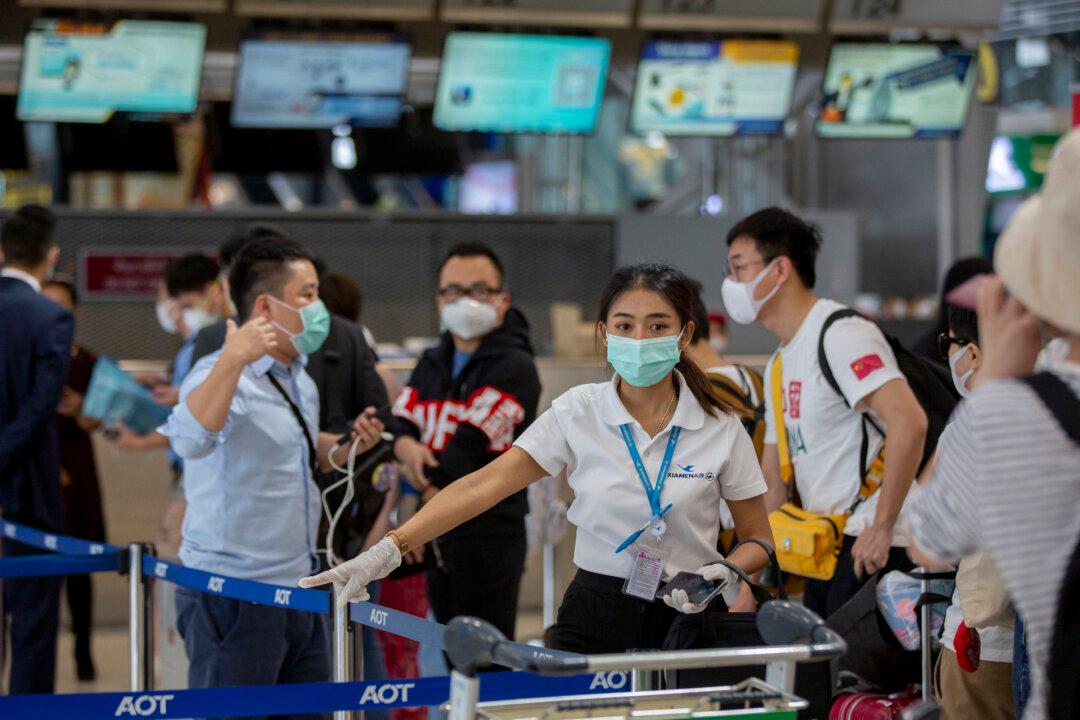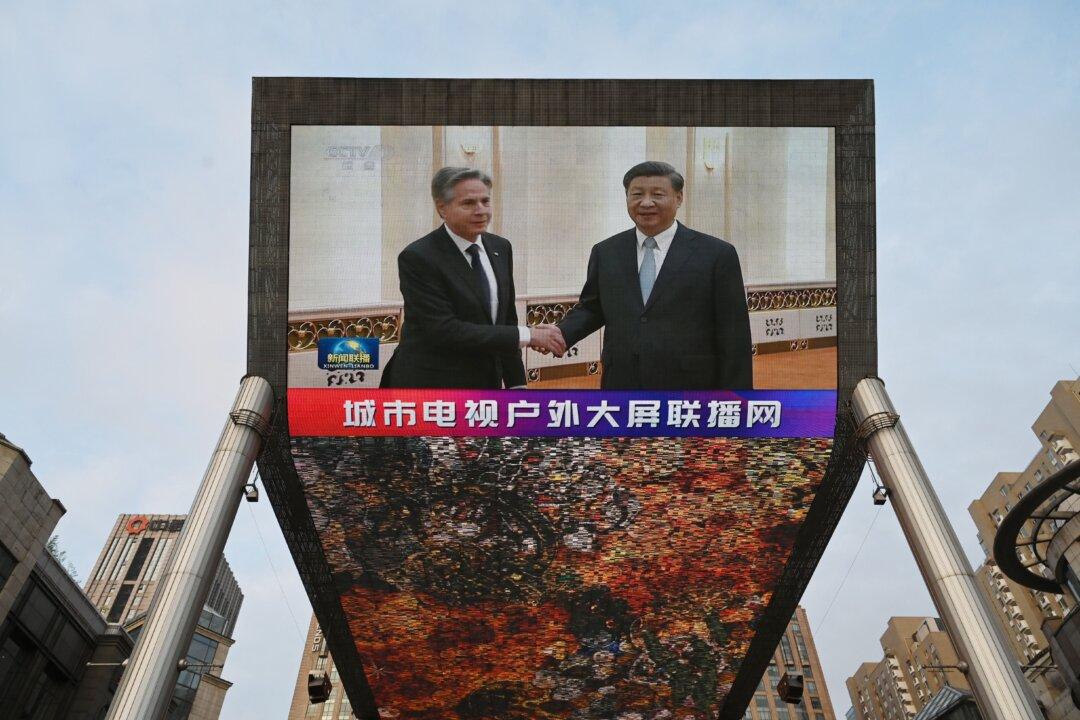After widespread protests against the lockdowns in November, the Chinese regime abruptly walked back its stringent Zero-COVID policy in early December. Without prior notice or the disclosure of steps for a gradual withdrawal of the policy, the change was made.
Since then, COVID has ravaged China’s vast population, which was unprepared for the sudden change and lacks natural immunity against the virus after nearly three years of zero-COVID restrictions.





